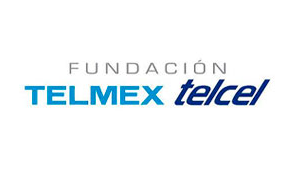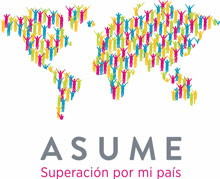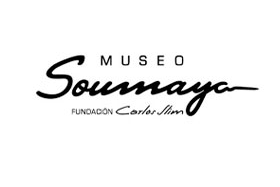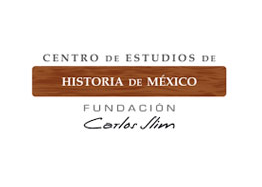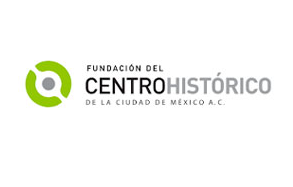‘Chain of Life’: The first Kidney Transplant Chain in Mexico
In our country, there are currently more than 21,000 people who need an organ or tissue transplant to save their lives. In contrast, less than 2,000 transplants from deceased donors are performed annually. This is mainly due to the lack of a culture of organ donation.
The number of organ donors in the country is 10 times lower than other nations, such as Spain, with only four donors per million inhabitants. Therefore, it is an urgent natter increasing awareness about donation, to give a life opportunity to more people.
With the purpose of raising awareness and informing the Mexican population about the importance and transcendence of organ donation, Carlos Slim Foundation (CSF) launched a campaign called ‘Heroes for Life’ (Heroes por la Vida) in 2011. This campaign seeks to raise awareness among the population to increase the number of donations and transplants in Mexico.
“The cadaveric donation in Mexico is still very low, which means that a person who does not have a donor has to wait many years, in order to be transplanted. For this reason, Carlos Slim Foundation works so that more people can access a transplant; in alliance with the most important institutions of the country, providing incentives to medical teams for organ procurement, scholarships for training students and doctors for procurement and organ transplantation, and with the ‘Heroes for Life’ permanent campaign,” said Vanessa Slim.
On the other hand, an alternative to increase the number of transplants in the country is the realization of ‘transplant chains’ that work as follows: if a person wishes to donate an organ to another person who needs it, both have to undergo first a series of compatibility tests. There are times when, for genetic or different blood types reasons, that person cannot donate to the recipient they know. What is done then is including this donor-recipient pair in a sequential transplant, in which other couples are in a similar situation. Then the necessary tests can be done to find the optimal allocation; and thus, benefit the largest number of people who require a transplant. To perform this optimal allocation developing mathematical algorithms is required.
To promote this alternative, Carlos Slim Foundation supported the National Institute of Medical Sciences and Nutrition ‘Salvador Zubirán’ (INCMNSZ) to perform and document the first chain of transplants in Mexico. In this way, the documentary ‘Chain of Life’ (Cadena de Vida) was produced, which shows the true story of eight people involved in this first donation chain, united for the same purpose: giving and receiving life. Teams from the National Autonomous University of Mexico (UNAM) and the INCMNSZ were in charge of developing the mathematical algorithms.
“Although the subject of transplants is a matter of institutions, so it is —and to a greater extent— of people, all this joint work is summed up in a phrase: love for Mexico. Love present in the recipients but to a greater extent in the disinterested donors who embody the greatness of this country,” said Dr. Narro Robles, Minister of Health.
The documentary, by Alex Reider and Camila Fernández of “LAB101”, reveals a new panorama of organ donation, describing the fight against kidney disease, obstacles and the deepest yearnings that interweave to tell a story full of hope. Medicine, technology, institutions and the human will are the links that unite to give life, through a new method of donation: the chain.
The presentation of ‘Chain of Life’ was held yesterday at the Soumaya Museum, with the participation of the Minister of Health, José Narro Robles; Vanessa Slim Domit, spokeswoman for the Heroes for Life campaign; and Marco Antonio Slim Domit and Roberto Tapia Conyer, President and General Director of Carlos Slim Foundation respectively.
‘Chain of Life’ can be seen through Claro Video (clarovideo.com) and will seek to join documentary festivals in Mexico, to reach a greater number of people to achieve its central objective: raise awareness about the importance of culture Donation of organs and tissues in Mexico.




